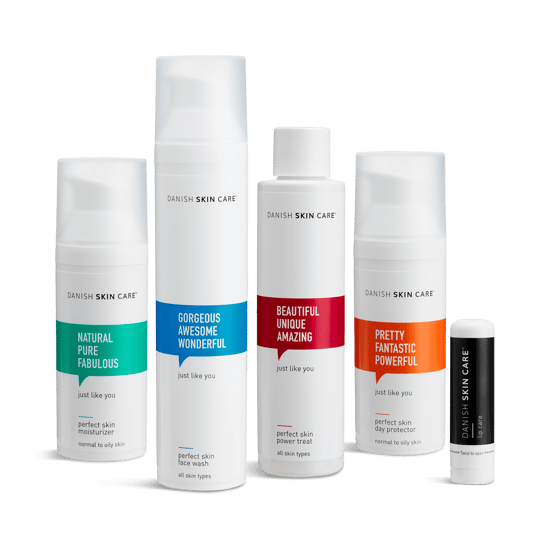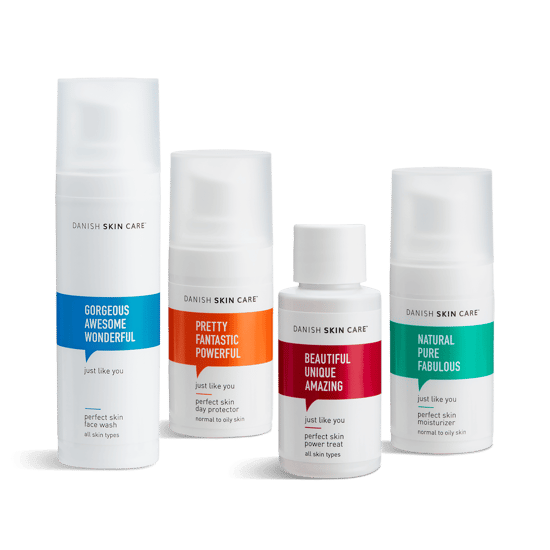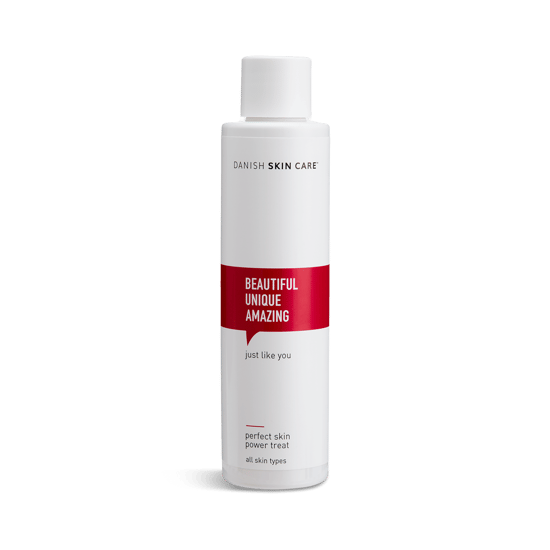Aluminum in deodorant and skin care
Find out if aluminum (also called alumina) are good or bad for your health and whether it is harmful or harmless
The contents of the article:
The media’s new whipping boy
The media are in many ways good watchdogs. They focus on problems. They question the solutions and allegations. And they are really good at taking on consumers’ struggles.
It is always good with to have such a watchdog—or police officer—who checks up on things.
Despite that there are laws, the law may be broken. Similarly, mistakes can happen—and there may be situations where the law is not sufficient.
Just think of what auto traffic would look like if there were no police or traffic laws.
Nevertheless, the media sometimes do make an error—sometimes. Or it happens that the media have named the wrong scapegoat.
Throughout the first decade of the 21st century parabens were the media’s was appointed scapegoat. You have probably heard the debate. Maybe you even choose to avoid parabens.
If so, read this beauty guide.
Parabens are a class of preservative. It is true that some parabens were suspected of causing cancer.
Note, however, that they are suspects. Also note that only individual parabens are named. Some others actually are really amazing preservatives…maybe even the best, mildest, and most gentle to the skin.
The media has put so much focus on paraben danger that many firms deliberately avoid using them. This makes sense, as it has become almost impossible to sell skin care with parabens.
The result is solutions without them are inferior. These solutions are irritating to the skin. Allergenic. They create redness and skin problems.
In 2010, the skin-care industry began an educational campaign to help the media to understand that parabens are not as dangerous as they had said they are. On the contrary.
It has helped tremendously; you no longer see the writings and debate about parabens.
Aluminium hysteria
In the autumn of 2013 the media spotlight fell on alumina. Through the fall of 2013 and in early 2014, there were headlines, debate, and discussion on alumina and its “harmful” effects.
The media has implied that alumina is the same as aluminum, a conclusion that probably was based on the name. It’s not entirely untrue that alumina has something to do with aluminum, but not with aluminum shavings, as some assume.
Alumina occurs on the surface of all aluminum when it is exposed to oxygen; hence the name aluminum oxide. It is not aluminum. It is a powder that occurs on the surface of aluminum when it is exposed to oxygen.
Regardless of what the media has told you, alumina does not penetrate the skin!
Alumina is also approved and strongly praised for use in skin care by the FDA (US Food & Drug Administration).
In addition, the product is approved by DBIH (German organization for natural skin care and cosmetics) and also in Denmark. :-)
It is not necessary to get into why the media suddenly found alumina dangerous. Or how the link with breast cancer occurred. You have probably already read about it in the media. There is no evidence to support the media’s claim.
A claim that may simply have arisen because of the name. Perhaps the media lacked a good story. A story that could create headlines, just like the headlines about parabens a decade earlier.
It has been examined, and it should simply be emphasized that alumina is not dangerous, as shown in the latest research.
Latest research
The independent European Scientific Committee on Consumer Safety (SCCS) announced in April 2014 the results of a thorough and detailed study of Alumina.
SCCS concludes that in no way is alumina the cause of breast cancer or other forms of cancer, nor that alumina could increase the risk of cancer when used in skin care or cosmetics.
The SCCS further stresses that alumina in no way increases the risk of Alzheimer’s, Parkinson’s, or other neurological diseases. It is pointed out by the SCCS that alumina does not penetrate the skin.
SCCS’s conclusion on the entire Alumina hysteria is clear. There is no evidence that alumina is harmful to health when it is used in skin care, cosmetics, or anti-perspirants.
Product recommendations
Comments



